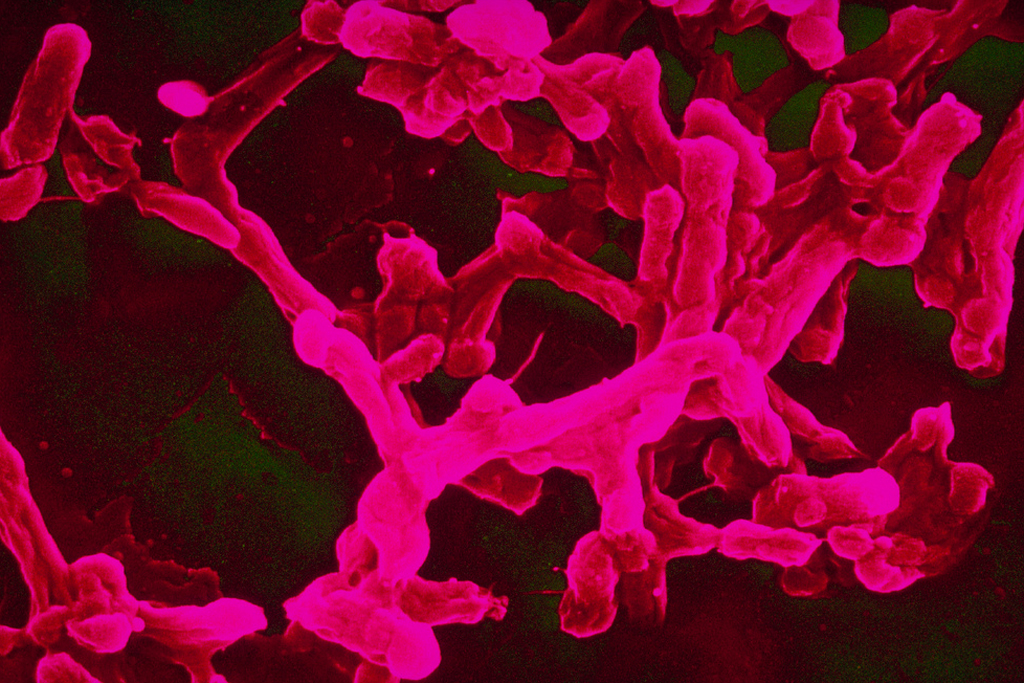Book Review: AIDS, Behavior, and Culture: Understanding Evidence-Based Prevention
Jim Harries (b. 1964) has engaged in detailed research into inter-cultural communication between the West and Africa since 1988. He has a PhD in Theology (University of Birmingham, UK). Jim’s home, located in a Kenyan village, functions in African languages, as does his practice of Bible teaching, which is his main local ministry. Jim has published seven books and numerous articles. He chairs the Alliance for Vulnerable Mission (http://www.vulnerablemission.org).
AIDS, Behavior, and Culture: Understanding Evidence-Based Prevention (Key Questions in Anthropology)
by Edward C. Green and Allison Herling Ruark
AIDS, Behavior, and Culture presents a bold challenge to the prevailing wisdom of “the global AIDS industry” and offers an alternative framework for understanding what works in HIV prevention. Arguing for a behavior-based approach, Green and Ruark make the case that the most effective programs are those that encourage fundamental behavioral changes such as abstinence, delay of sex, faithfulness, and cessation of injection drug use. Successful programs are locally based, low cost, low tech, innovative, and built on existing cultural structures. In contrast, they argue that anthropologists and public health practitioners focus on counseling, testing, condoms, and treatment, and impose their Western values, culture, and political ideologies in an attempt to “liberate” non-Western people from sexual repression and homophobia. This provocative book is essential reading for anyone working in HIV/AIDS prevention, and a stimulating introduction to the key controversies and approaches in global health and medical anthropology for students and general readers.
Green and Ruark blow the whistle on AIDS extortion. In-house disputes between bigoted Westerners set the agenda of global AIDS prevention on ideological grounds regardless of outcomes on the ground, according to Green and Ruark. The outcome is the use of vast amounts of global resources to distract people from the real and most helpful means of countering a deadly scourge, the cost of which in human life continues to be enormous.
33 million people are currently infected with HIV globally. The people in the majorly affected populations, classically sub-Saharan Africa, should have a voice in designing preventative strategies, we are told. This message falls on deaf ears.
Attempts at injecting sense into anti-AIDS strategies by anthropologists have consistently been upstaged by a pro-technology, anti-values, pro-gay agenda. Means to curtail the spread of AIDS arising from affected communities are consistently belittled and ignored, according to our authors. The sexual revolution, itself on very dodgy foundations, has been guiding AIDS prevention amongst populations who have no time for it. Any opposition to sexual liberalism in favour of restraint is battered. Political activism and technological advocacy have been free-rides on the anti-AIDS agenda, at the cost of the sufferers on the ground.
From the beginning the dominant view has been that people’s sexual urges are insatiable and unstoppable. Instead of advocating avoidance of dangerous contexts of viral exposure, grossly unproven protective strategies have been given pride of place. Defense of human rights has been given priority over consideration of the wider Christian Scriptures from which those rights have been derived.
General epidemics such as in Africa are for good reason a greater apparent concern to our authors than infected minorities – such as drug users and prostitutes. “Widespread patterns of overlapping and concurrent sexual relationships” are repeatedly and consistently confirmed as underlying the vast spread of AIDS in Southern Africa and beyond. While this evidence shouts out for behavioural change, especially fidelity and pre-marriage abstinence, powerful voices controlling enormous amounts of funds for AIDS prevention much prefer to occupy themselves with condoms.
Our authors advocate promoting behaviour change towards abstinence outside of marriage, and faithfulness in marriage. This is not a new approach. It is one that has been going on, but its undermining by the “professionals,” whose actions are laid bare in this book, has caused vast human suffering and death. “We must address sexual behaviour head-on,” something that Africans and church leaders have been saying for centuries. Meanwhile, the empty hot air about condoms and risk-reduction technologies is still causing enormous suffering. Green and Ruark should be heard and action is needed.
(The author of this review lives in East Africa and cares for victims of AIDS. He has personally observed numerous disasters arising from the very things that Green and Ruark here condemn. He has been advocating abstinence pre-marriage and fidelity within marriage in Africa for the last 26 years.)



